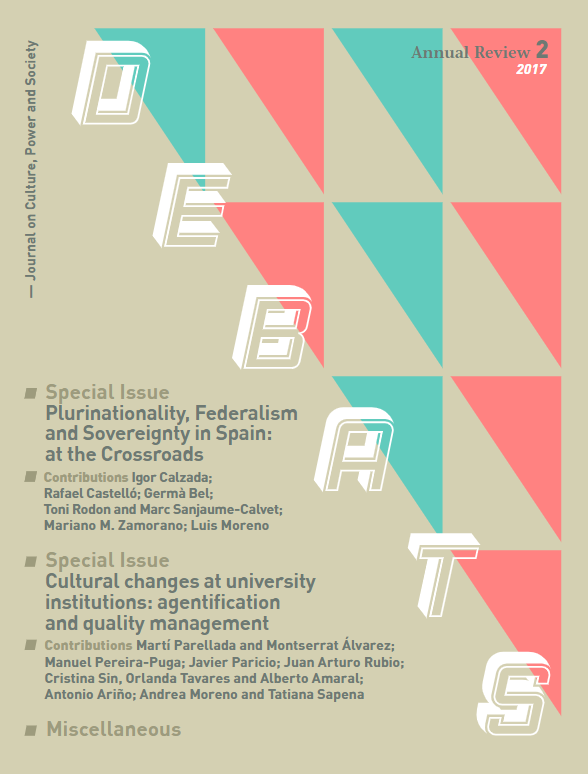Students as customers: a paradigm shift in higher education
Resum
Increasingly, higher education students are being considered as customers or clients. But this new way of seeing students implies a substantial change in the traditional notion of the student. The idea of student–customers goes beyond the demand for proper attention tothe student: it is part of an entirely new paradigm in higher education, which also includes other factors, such as the idea of higher education as a competitive market, public reputation as an institutional priority associated with a greater capacity for attracting and satisfying students, study programmes conceived by the students as an important personal and economic investment, curricula designed with a clear professional development orientation, quality systems centred on the value of customer satisfaction, and a new way of understanding educational relationships between students and faculty. This paradigm is the everyday way of thinking in some countries, while in others, such as Spain, it is slowly breaking through only now. This paper analyses this paradigm via an extensive bibliographical review of
the research on the different factors that characterise it and its impact on the quality of the learning processes and the social function of universities.
Descàrregues
Descàrregues
Publicades
Com citar
Número
Secció
Llicència
Sense perjudici del que disposa l'article 52 de la Llei 22/1987 d'11 de novembre de Propietat Intel·lectual, BOE del 17 de novembre de 1987, i conforme a aquest, els/les autors o autores cedeix/en a títol gratuït els seus drets d'edició, publicació, distribució i venda sobre l'article, per tal que siga publicat a Debats. Revista sobre cultura, poder i societat.
Debats. Revista de cultura, poder i societat es publica sota el sistema de llicències Creative Commons segons la modalitat “Reconeixement – NoComercial (by-nc): Es permet la generació d’obres derivades sempre que no se’n faça un ús comercial. Tampoc no es pot fer servir l’obra original amb finalitats comercials”.
Així, quan l’autor/a envia la seva col·laboració, accepta explícitament aquesta cessió de drets d’edició i de publicació. Igualment autoritza Debats. Revista de cultura, poder i societat la inclusió del seu treball en un fascicle de la revista perquè es puga distribuir i vendre.











